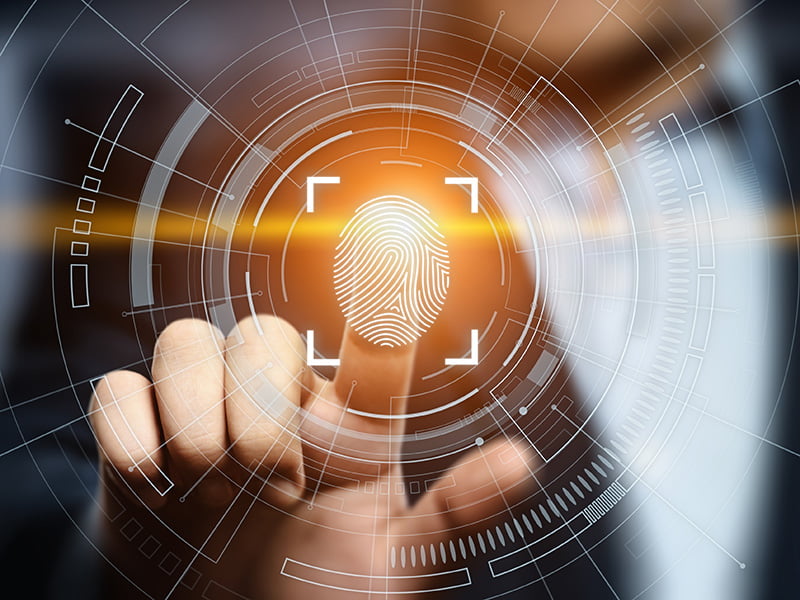The federal government will pay Accenture more than $3 million per month across the next year to work on its digital identity scheme, with the Irish multinational scoring a lucrative contract amendment that quadrupled its original price to $50 million.
Across the first half of 2021, the Australian Taxation Office (ATO) paid Accenture more than $2 million per month for a digital identity piece of work, on a contract worth a total of more than $14 million.
This contract has now been amended, with the work to be extended to the end of June next year, and the already-amended price more than tripled to just under $54 million.

Accenture will now be paid about $40 million in the current financial year for work on the digital identity program – more than $3 million per month.
The multinational services giant has become a contractor of choice for the ATO, picking up two contracts worth a total of $80 million late last year for various work, and three contracts worth $70 million posted publicly last week alone.
Accenture will receive more than $100 million from the tax office this financial year for work across a range of programs, including digital identity, superannuation reforms and the single touch payroll.
The work on digital identity for the ATO involves new functionality and enhancements for the myGovID digital identity service, and wider work with the Digital Transformation Agency on the broader program.
“The services to be provided by Accenture under this contract include contribution to both the ATO’s internal programs and the Digital Transformation Agency-led digital identity program,” an ATO spokesperson said.
During the first six months of the work, there were about 70 Accenture staff working on the program, at a time when the company was paid more than $2 million per month. It’s unclear how many staff will be working on the program throughout the amended contract, and the ATO said this number will fluctuate.
The work will involve developing new functionality for myGovID and the Relationship Authorisation Manager, and tech support for migration of applications to the cloud and transition to the new secure integrated gateway.
It will be a significant year for the digital identity scheme, which has now been running for more than five years at a cost of about $460 million. The first private provider was accredited under the program last month, with OCR Labs joining Australia Post and the ATO.
Legislation expanding the scheme to state and territory governments is expected to soon be put before Parliament, while the ATO is looking to introduce a “liveliness solution” to myGovID and further integrations with myGov.
London-based firm iProov has been awarded an $11 million contract for its liveliness technology.
The amendment to the digital identity scheme’s contract is another significant win for Accenture with the ATO. In just the last week, tech contracts worth more than $70 million between the two were made public, covering the next 12 months.
The ATO will be paying Accenture $5.5 million per month for the rest of the year for work on its superannuation change program, a further $35 million over 12 months for work on its online platform, and $8 million for single touch payroll technology services.
Separately from the ATO, Accenture is also working as the federal government’s data lead for the COVID-19 vaccination rollout, and has been reported to have won a lucrative contract to develop a permissions capability for the Department of Home Affairs. The department is yet to confirm this.
Do you know more? Contact James Riley via Email.


When will we stop paying big consulting firms to build these castles in the sky?
Only this week, Jeremy Grant, former long time head of the U.S. National Strategy for Trusted Identities in Cyberspace (NSTIC, their version of TDIF) gave a speech where he reflected on the failings of federation:
“This federation dream that we’ve been hanging on to a long time, this model of anybody can get a credential from dozens or hundreds of identity providers and use it everywhere, hasn’t taken hold, and I don’t think it’s going to anytime soon”.
Digital Identity is not what people think it is. The standard model of Digital Identity — where general purpose Identity Providers provide digital passports accepted by numerous unrelated Relying Parties — has manifestly failed to materialise. Identity is not the sort of thing that can be “provided”. When will we learn?